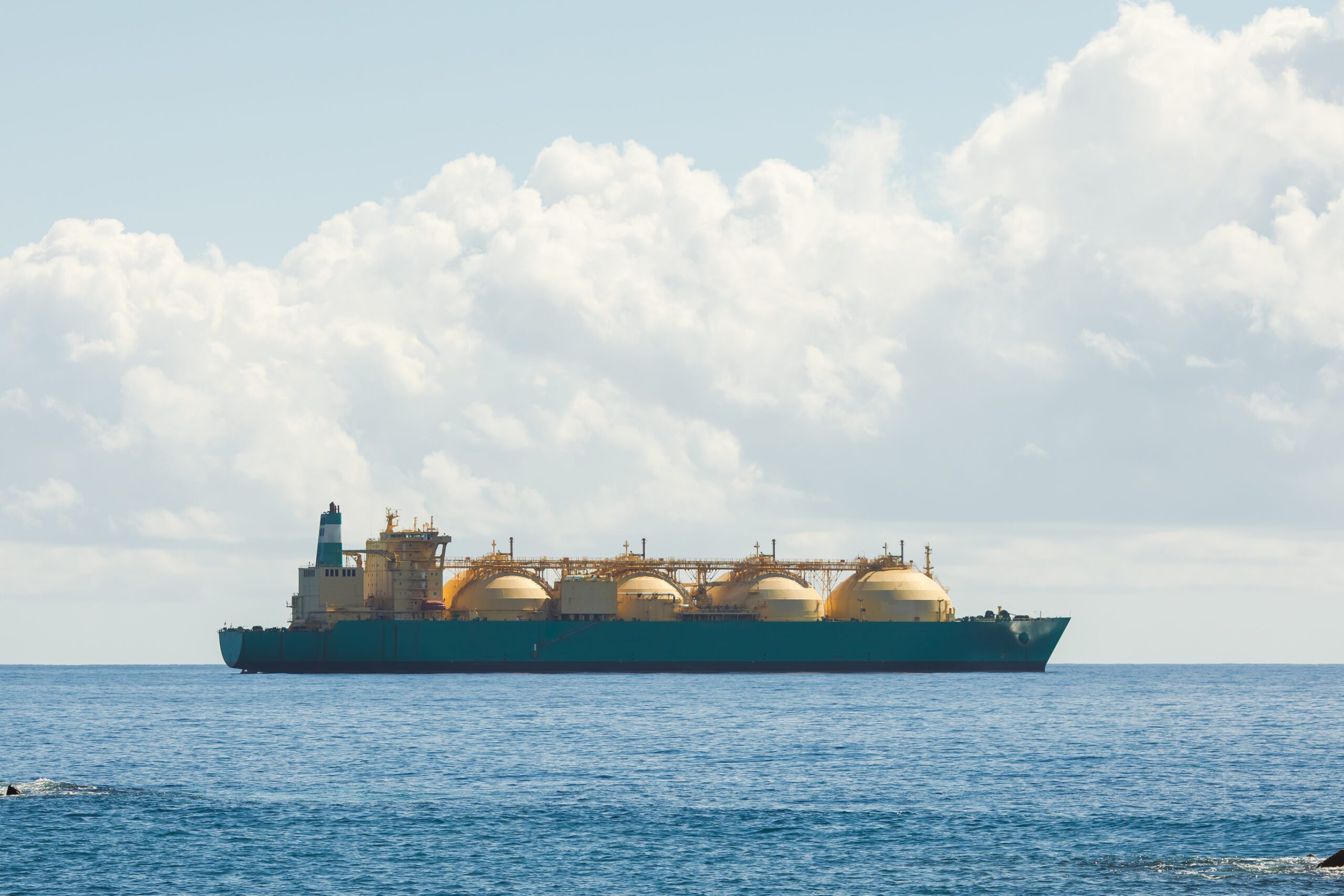After Russia’s invasion of Ukraine in 2022, countries like the United Kingdom moved to curb the supply of military and other vital equipment for the Russian war effort in Ukraine by imposing tough sanctions to companies and individuals. These measures were meant to further blow Putin’s ability to wage war, making it more difficult to circumvent EU sanctions.
However, recent investigations suggest that UK-linked businesses might be breaking these sanctions by helping Russia sell oil at higher prices than allowed.
The public service broadcaster BBC reported on Friday that the government is investigating 37 UK-linked businesses for potentially breaking Russian oil sanctions.
The identities of the accused businesses are unknown and some of them are likely to be maritime insurance firms, BBC reports.
While the UK government is investigating, no fines have been handed out so far, the BBC reveals.
A spokesperson for the Treasury told the BBC it would take enforcement action “where appropriate” but pointed that the investigation was expected to take time due to the ‘complexity’ of the cases.
The spokesperson also mentioned that it was “putting sanction breachers on notice”.
UK launched an inquiry earlier this year into the effectiveness of the UK’s economic sanctions on Russia since Moscow’s invasion of Ukraine.
Critics claimed that Russia is still ploughing tens of billions into its defence budget which poses the question – are the West’s financial sanctions having the desired effect?
They added that Russia has been able to circumvent sanctions, including through third states and uninsured shadow tanker fleets.
“The UK Parliament Treasury Committee will examine whether the UK’s sanction programme is hampering Mr Putin’s ability to fund Russia’s armed forces. It will investigate the work of HM Treasury’s Office of Financial Sanctions Implementation (OFSI), which has been tasked with ensuring financial sanctions are properly understood, implemented, and enforced in the UK,” Shipping Telegraph reported on March 3.
In June the UK government announced 50 new sanctions designations and specifications, in co-ordinated action with G7 partners.
The new targets include ships in Putin’s so-called ‘shadow fleet’, institutions at the heart of Russia’s financial system and suppliers supporting Russia’s military production.
“Russia’s oil exports are Putin’s most critical revenue source for funding his illegal war in Ukraine,” the UK said on June 13 in its press release.
Britain on Thursday launched a trade sanctions unit with new and enhanced powers to crack down on businesses in breach and make sure UK sanctions are effective.
The new Office of Trade Sanctions Implementation (OTSI) will work with industry to make complying with sanctions obligations as straightforward as possible by issuing guidance and user-friendly online tools.
“This new unit will help ensure businesses comply with trade sanctions and take decisive enforcement action where needed so that, together with business, we can continue to exert maximum pressure on Putin’s regime,” Business and Trade Secretary Jonathan Reynolds said in a statement.
The government said that the OTSI will have powers to publish information about sanctions breaches and impose civil monetary penalties.



